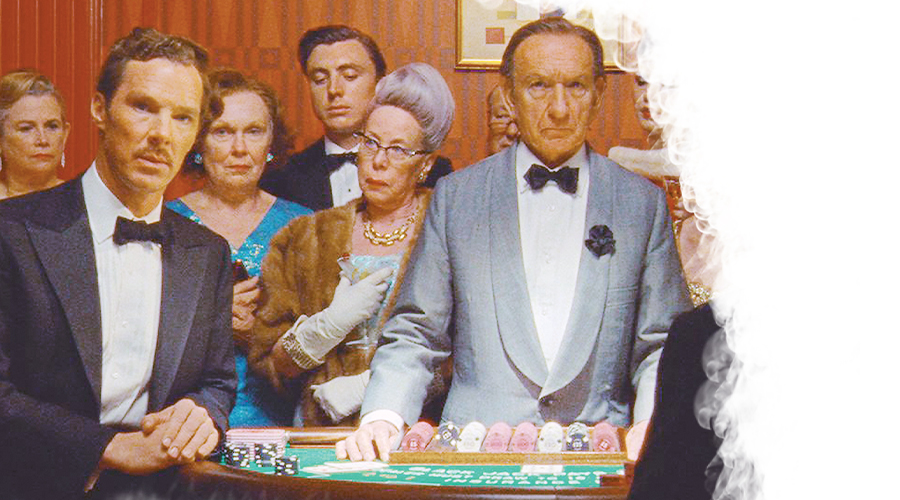Perfect Days
- 04 May - 10 May, 2024

Director Wes Anderson conjures a shaggy dog story without a hair out of place for his second cinematic magic trick of 2023 (the first was the magnificent "Asteroid City"). The Fantastic Mr. Fox, written by author Roald Dahl, served as the inspiration for Anderson's first attempt at stop-motion animation. Fox was somewhat of a children's novel, but Anderson respected its more mature tensions and the subtext of subtle sinisterness beneath its already biting ironies.
This is Anderson's first Netflix picture, and it's the first one that he said was created in opposition to something. Dahl's estate reportedly struck a lucrative contract with the streamer around the time Anderson had hoped to make the film, during which time. Anderson has provided the streamer with a roughly 40-minute precision-tooled story, much of which is shown in the boxy Academy ratio. However, at key moments, the frame itself occasionally shifts to the larger frame.
The actors are live-action and are a dependable group; it is not animated. Ralph Fiennes portrays a fictionalised version of Dahl; the film opens in an Andersonian reproduction of the author's actual "writing hut," where Fiennes begins reciting what he claims to be a factual story after mumbling a list of requirements.
Dahl's genuine story, in which there is global action, could theoretically be turned into an extremely pricey multi-location film. Anderson restricts the action to a sequence of detailed sets, which, in this iteration, reminded me of the amazing Czech director Karel Zeman's films, which featured live-action performers in animated settings. As narrators and characters, each performer speaks straight to the camera. They also speak quickly and with relatively little overt inflection (albeit quite an amount of subtle artistry).
Although Anderson has reduced Dahl's short story, which is imaginative but not particularly geared towards children (though it isn't openly child-unfriendly either), practically all of the words are his own. He knows he can't top Dahl's verbiage's dry humour, so he doesn't even try. Dahl writes, "Men like Henry Sugar are to be found drifting like seaweed all over the world," while describing the mega-rich title character. Particularly in London, New York, Paris, Nassau, Montego Bay, Cannes, and San Tropez, they are visible. They are not especially bad men, but they also are not particularly good. They are merely decorations and have no specific significance.
When Henry (Benedict Cumberbatch, flawless as always), who is bored, goes to the extreme of stealing a book off of a wealthy friend's library shelf, the story – which is actually a meta-narrative – begins to take shape. Obviously, the slimmest volume he can find. It ends up being a sort of dissertation on a man who has superhuman vision. Ben Kingsley portrays the man in issue, and Dev Patel and Richard Ayoade are the medical professionals who attest to his ability. Henry's attention is drawn to the man's propensity for seeing through flipped-over playing cards. Henry gambles occasionally, but not very well.
Cinephiles are aware that the power-that-allows-you-to-cheat-at-cards scene appeared in Roger Corman's 1963 film "X: The Man with X-Ray Eyes." In that movie, the ability is chemically induced and is initially entertaining, but ultimately Ray Milland's character sees too much, which becomes tedious as you approach the edge of the cosmos. If you think about it, "Oppenheimer" also addresses this issue.
Henry's accomplishment has a rather different ending, and if you are unfamiliar with Dahl's tale, it is milder than you may anticipate. Seeing a parable about spiritual development in Anderson's jewel-box manner is both disarming and gorgeous. His delivery in this instance is gorgeously centred rather than deliberately quirky. The form in "Henry Sugar" subtly highlights the substance in a wonderful way.
COMMENTS